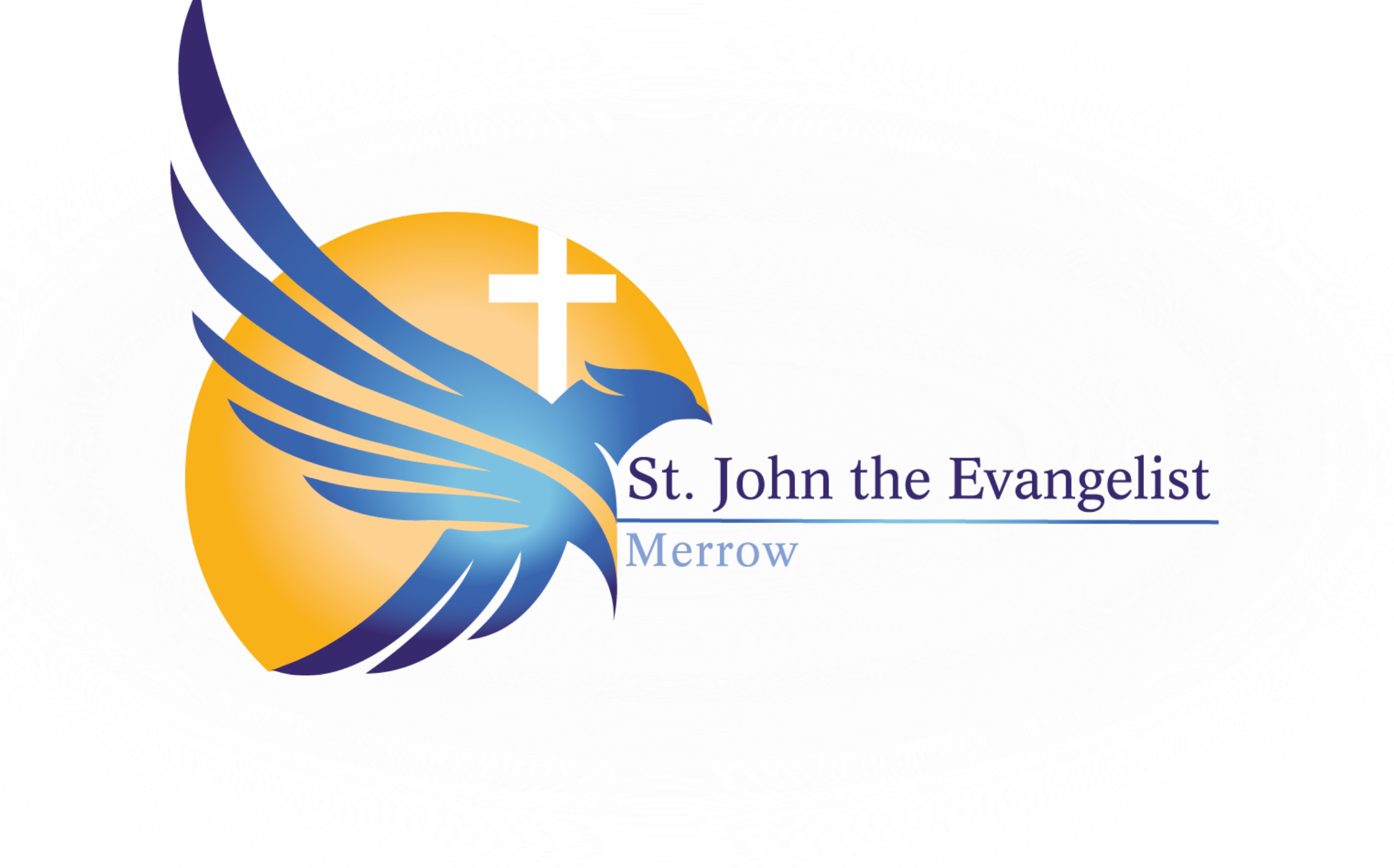02/07/2024 0 Comments
Gentle Transitions
Gentle Transitions
# Reflections

Gentle Transitions
We are undergoing a time of transition within the world in the Aftermath of this Pandemic, and the Church of England, and St John’s at Home is no different. The shock of launching from worship in Church to online worship within one week is something that most of us will never forget. This time of Aftermath will be a far gentler, slower transition thankfully. One of the reasons for that is that we have learnt so much, experienced things we had never imagined, and therefore our natures and values – having been revisited – have changed, strengthened, and deepened.
So as we gently move back into being a new worshipping community, I wanted to reflect on some of what we have learnt, and what we can use to help us move into a healthy, sustainable, and inclusive future.
Here are four things I have thought, or been reflecting on:
1. We cannot go back to pre-March 2020. However much we may want to return, that world is now gone, and we can only move forward.
2. We need to build a picture of what the Foundation of our faith is*, and then integrate the way in which WE can worship into that**. (*In point 4 I will consider a way we can consider this by means of the Credal Statements.) (** Will you worship online, on paper or in person? This can, of course, alter as your circumstances change).
3. God is the host. If we imagine a superb banquet is being put on, and we have received an invitation from the host. He wrote it personally, hopes we will be able to attend, and when we arrive he meets us at the door, ushers us in, ensures we are comfortable, and remains attentive to us throughout. This is God as host, and ‘host’ is another word for the bread of communion. We worship on invitation from God, and he greets us in the papers we hold in our hands, the screen we sit in front of, or the door of the Church – his welcome to us at the Communion where we participate in the body=host is exactly the same however we worship.
4. One, holy, catholic and apostolic Church. We say that we believe in this in our Credal Statements (see point 1), but let’s re-examine what this means in light of our different manners of worship:
one – We worship in one Church, the Church which has Jesus Christ at the head. We are united in our believe that Jesus is at the head of the Church, whatever our denomination, whatever our church building look like (your kitchen, garden, sitting room or St John’s buildings)
holy – Set apart. Special. When I was a chaplain at a school in Portsmouth where there was very little faith, the young people really engaged with a Prayer Installation Project I created. Using the story of Moses’ Burning Bush, we created a bush, with red flames containing their prayers, and an old pair of trainers. The trainers were the part they loved because the passage speaks God’s words to Moses ‘take off your shoes because you stand on holy ground’. Wherever you hear, read or watch this service from is your holy ground. Metaphorically take off your shoes, because this is a special place; made special by your intention to meet God here.
catholic – Note the small c - catholic means ‘universal’. Universal means that those who come into the Church building are not the only ones worshipping, but all styles and methods of being a part of our worship are included.
apostolic – At Pentecost the disciples, who had learned at Jesus feet were now sent out as apostles. We believe in the faith where the apostles have passed Jesus’ teaching on to us, and we accept that teaching of our Church. We also acknowledge that we have a part to share in that teaching for those who come after us, or who we live amongst, whatever our circumstances.
And so as we gently move through this transition, I hope you will hear this welcome to the Altar, the Eucharist, the Lord’s Supper, Holy Communion as the Host’s personal invitation to you:
Come to this table,
not because you must but because you may,
not because you are strong, but because you are weak.
Come, not because any goodness
of your own gives you a right to come,
but because you need mercy and help.
Come, because you love the Lord a little
and would like to love him more.
Come, because he loved you and gave himself for you.
Come and meet the risen Christ, for we are his Body.


Comments